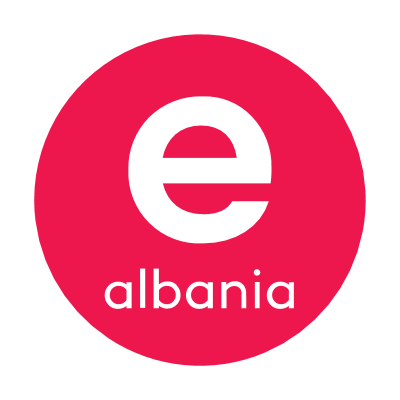In the last few years, Tirana has become the newest location of EU-Western Balkans summits and has proudly hosted many European and regional leaders.
On 6 December 2022, Tirana hosted the annual EU-Western Balkans Summit. This was the first-ever summit between EU and Western Balkans leaders to take place in the Western Balkans region. The summit was an opportunity to reconfirm the key importance of strategic partnership between the EU and the Western Balkans and it concluded with an adoption of the Tirana Declaration.
On 16 October 2023, Albania became the first Western Balkan country to become a host of a Berlin Process Summit. In this summit, leaders had the opportunity to discuss the importance of regional cooperation, integrating the region into the Single Market and also the necessity of a Green and Digital Transition in the Western Balkans. During the summit, Albania also signed the “Regional Agreement on the Mutual Recognition of Professional Qualifications”. In the margins of the Berlin Process Summit, leaders also attended the inauguration of the College of Europe campus in Tirana, which opened the doors to world-class education for regional students.
On 28 February 2024, the Ukraine-Southeast Europe summit took place in Tirana. During the “South East Europe Summit” held in Tirana, leaders of Ukraine and Southeast European countries adopted a joint declaration, calling for “the whole international community to strongly increase support to Ukraine”. The document also reaffirms countries’ determination to intensify joint efforts to advance toward the European Union, as well as the commitment to participate in the post-war recovery of Ukraine. They called on the whole international community to strongly increase support for Ukraine in its ongoing struggle for freedom, independence, and territorial integrity.
On 29 February 2024, Tirana hosted another important event, the ‘Regional Summit on the Growth and Convergence Plan’, focusing on the integration of the Western Balkans towards the European Union, as well as the implementation of the New Growth Plan for the Western Balkans. This summit offered new opportunities for an exchange of views on the European future of the region and on common regional challenges. The Commissioner for Enlargement and Neighbourhood Oliver Varhelyi was present at the summit.
On 16 May 2025, our country became the next host of the European Political Community (EPC) summit, which marked another significant international event taking place in Tirana and the WB6 region.





